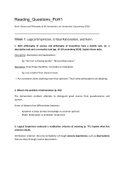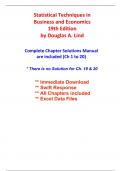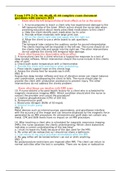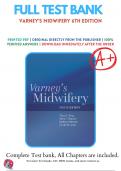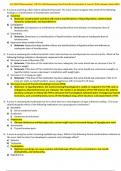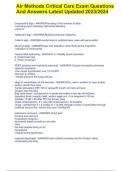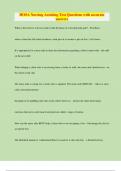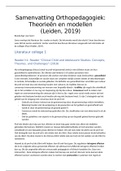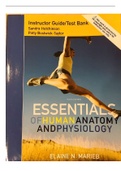Otro
Reading Questions Philosophy of Humanities (1) - All you need for the Multiple Choice Questions
- Grado
- Institución
All weekly reading questions with clear answers including all keywords, concepts, and examples in some cases. This includes; Logical Empiricism, Critical Rationalism, Hermeneutics, Practice Turn, Kuhn, Foucault, Hegel, Gadamer, Dilthey, Critical Theory, Benjamin, Adorno, Leezenberg, Wittgenste...
[Mostrar más]
